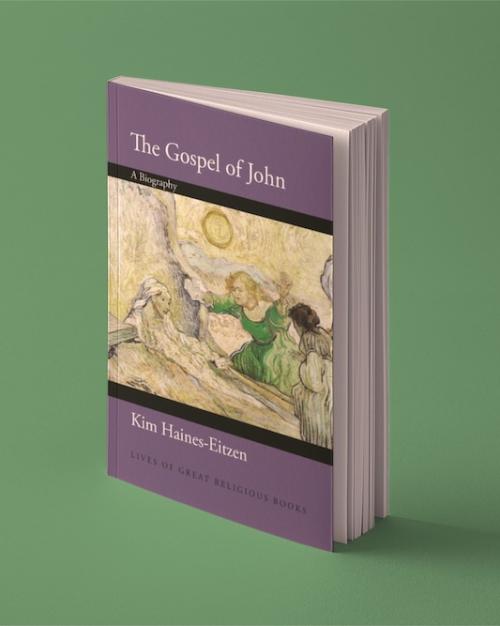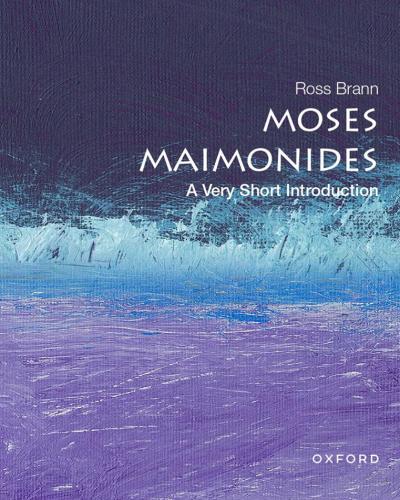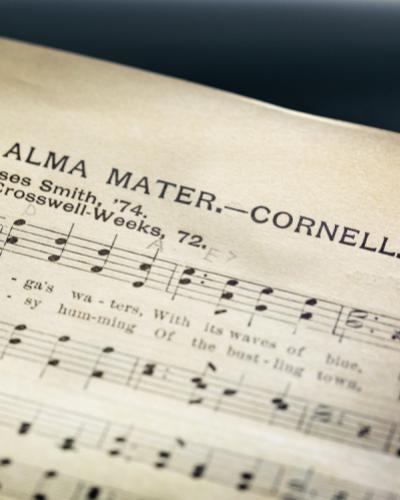Israeli Masculinity
(JWST/NES 2167) MW 1-2:15, 4 credits
Representations of masculinity play important roles in modern Hebrew texts. Through introduction to scholarship on gender and sexuality, students learn to critically analyze Hebrew texts featuring such representations and to synthesize how diverse textual representations of masculinity reflect and seek to influence the changing ways that Jewish and Israeli identities are conceived and performed. The course's tripartite structure aids student perception of masculine representations' diachronic development. In the first section, students analyze traditional depictions of Jewish masculinity and observe how Zionism's emergence brought about Jewish masculinity's reconceptualization; in the second section, students dissect diverse texts depicting and participating in efforts to redefine Jewish masculinity in Palestine; in the third section, students probe texts written and produced after 1948 that challenge the form of masculine identity dominant at the Israeli state's inception and push for greater diversity in how masculinity and femininity, heterosexuality and homosexuality, are conceived and performed.
Introduction to Judaism
(NES/JWST/RELST 2644) TR 9:40-10:55, 3 credits
This course is an introduction to Jewish identities, values, and practices from the ancient to modern era. Organized thematically, it examines Judaism as a religious phenomenon, with a particular emphasis on its cultural and textual diversity across three millennia. Themes covered include creation, Sabbath, prayer, Jerusalem, pious customs, magic, reincarnation, revelation, among others. Throughout the semester students perform close readings of a wide selection of Jewish texts from the Bible, Talmud, kabbalah (mysticism), philosophy, liturgy, and modern Jewish thought. In what ways are these various traditions of Judaism interrelated and/or in tension with one another? In the face of the Jewish history's tremendous diversity, what is it that has unified Judaism and the Jewish people over the centuries? By exploring these types of questions, this course examines the appropriateness of defining Judaism as a religion, an ethnicity, a civilization, and/or a culture. Readings include introductory-level textbooks and essays, as well as a range of primary source materials in translation.
History of the Modern Middle East
(NES/ASRC/HIST 2674, GOVT 2747) MWF 9:05-9:55, 3 credits
This course examines major trends in the evolution of the Middle East in the modern era. Focusing on the 19th and 20th centuries and ending with the "Arab Spring," we will consider Middle East history with an emphasis on five themes: imperialism, nationalism, modernization, Islam, and revolution. Readings will be supplemented with translated primary sources, which will form the backbone of class discussions.
Modern Sephardi and Mizrahi Identities
(JWST/NES 3717, 6777; COML 3744) MW 9:40-10:55, 4 credits
This class examines modern articulations of identity by and about two distinct Jewish diasporas: Sephardic and Mizrahi Jews. Sephardic Jews trace their origins to the Iberian Peninsula prior to the end of the 15th century. Mizrahim are Jews who lived in the Middle East and North Africa until the mid-20th century, and their descendants. We will explore Sephardic and Mizrahi identities in works of fiction, memoirs, essays, poetry and films produced from the mid-twentieth century to the present. We will trace routes of migration across generations, paying particular attention to how texts construct identity in relation to language and place. Works will be drawn from wide geographic distribution including the Middle East, North Africa, Europe, and the Americas, and produced in Arabic, English, French, Hebrew, Ladino, and Spanish.
Women in Biblical Israel
(NES/JWST/RELST 3720) MW 9:40-10:55, 4 credits
This course focuses on how Biblical texts represent women in ancient Israel, and how the Bible's representations constitute both a fabrication and a manifestation of social life on the ground. We will use biblical, archaeological, and ancient Near Eastern textual evidence to consider the complicated relationship between ancient society and the textual and material records from which we reconstruct it. In addition, this course will examine how women's roles in the Hebrew Bible have been understood and integrated in later Jewish and Christian thought, and how these discourses shape contemporary American attitudes towards women, sexuality, and gender.
Jews, Christians, and Others in Late Antiquity
(JWST/NES/RELST 3888, 6888) TR 2:45-4:00, 4 credits
This course explores the interactions between Jews, Christians, and other religious groups in late antiquity, especially in Sasanian Persia circa the first through seventh century C.E. Students pay particular attention to the portrayals of Christians in Jewish rabbinic literature, including Midrash and Talmud, but also draw from early Christian, Zoroastrian, Manichaean, and other sources. There will be an emphasis on the reading of primary texts in translation in their appropriate historical contexts, and in comparison with one another. Students engage such questions as: How did Jews define themselves in relation to Christians, and vice versa? In what ways did Jews and Christians part ways with one another, as scholars often maintain, and what were the factors at play in their separation? And, lastly, what role did other religious and political groups, such as Gnostics, Zoroastrians, Romans, Mandaeans, Manichaeans, and early Muslims play in these developments?
Archaeological Ethics
(NES 4992/6922, ARKEO/ANTHR 4222/7222) W 11:20-1:15, 4 credits
What is the role of ethics in archaeology today? What principles shape the discipline's response to serious dilemmas? What is the relationship between ethics and politics in archaeology? This seminar provides an in-depth exploration of these questions across a range of subfields, from indigenous, public, and postcolonial archaeologies, to critical heritage studies, conflict archaeology and the archaeology of the contemporary past. We will learn the normative ethics of Western archaeology, with its concern for best practices, multiculturalism, and the politics of identity, as well as radical alternatives centered on hard politics, oppression, and justice. We will also explore the ethics of the profession, as it pertains to equity and inclusion. This course traverses the terrain of moral right and wrong in archaeology.





